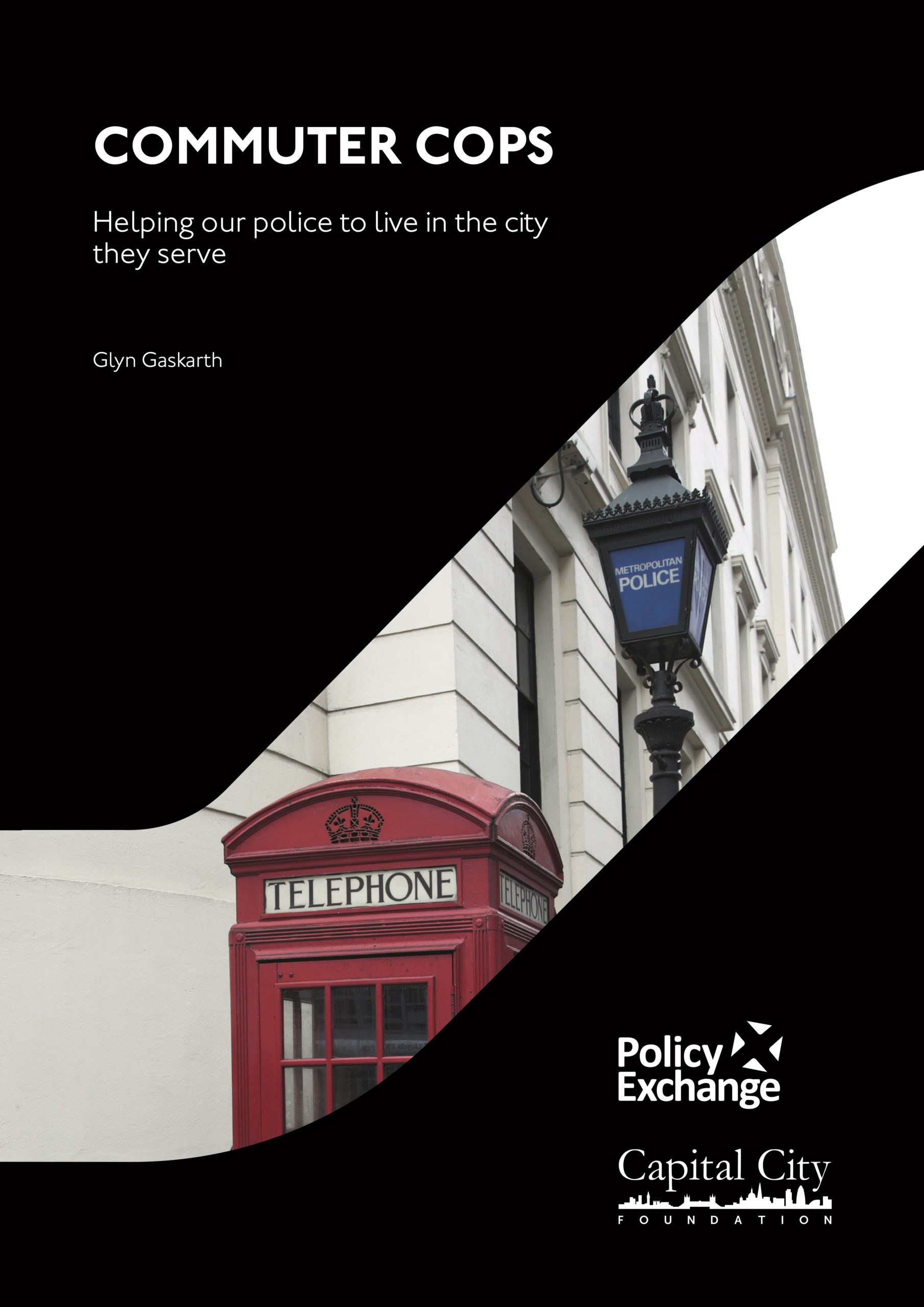
Commuter Cops: Helping our police to live in the city they serve
Half of the Metropolitan Police Officers do not live in London and this badly affects the way our city is policed. The phenomenon of the “commuter cop” makes it harder to deploy officers quickly in emergencies, such as riots or terrorist attacks; reduces the police presence in London; reduces officers’ contact with the communities they serve; and contributes to the Met’s continued difficulty in recruiting a force that reflects the diversity of London.
In interviews with Capital City Foundation researchers, police officers told of having to sleep on the floor after they missed their last trains, and of slackening off in the last hours of late shifts for fear of incurring time-consuming, train-missing arrests. Most Met police officers we interviewed would like to live in London if they could afford it – though not in precisely the places they policed, due to the nature of their work. But, these police officers will not be able to live in London without help.
This report proposes that the Mayor’s Office for Policing & Crime (MOPAC), and the Met, should work with housing associations and private developers to convert underused police properties into housing for discounted sale to police officers. Properties bought under the discount could only be sold back to MOPAC/the Met or other police officers. Between 3,350 and 5,380 new homes for officers could be created under these plans. The force should also provide low-interest loans and top up officers’ savings to help bridge the gap between their salaries and the amount needed to purchase a London home. Through these means, the Met should set itself a target of incentivising 3,000 more police officers to live in London over the next five years.
By converting police properties into housing for police officers we can ensure a greater off-duty police presence in London and a more productive on-duty police force. To avoid the scheme simply incentivising officers to live in leafy suburbs within Greater London the level of financial assistance and home discount available should be varied according to an area’s crime rate so police officers are incentivised to move to the areas where Londoners need them most – areas with a higher crime rate.

